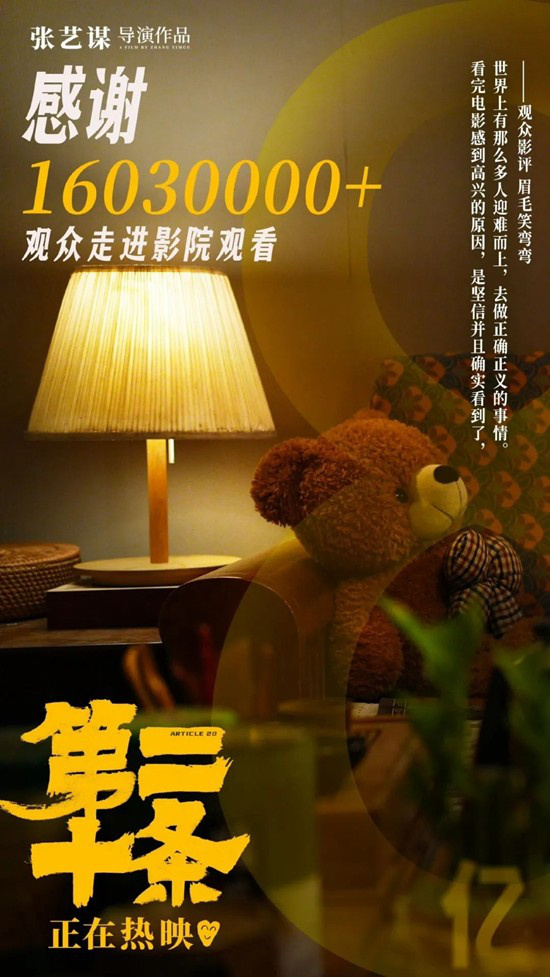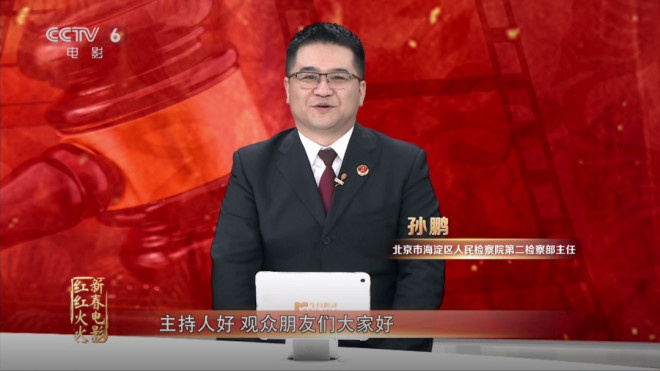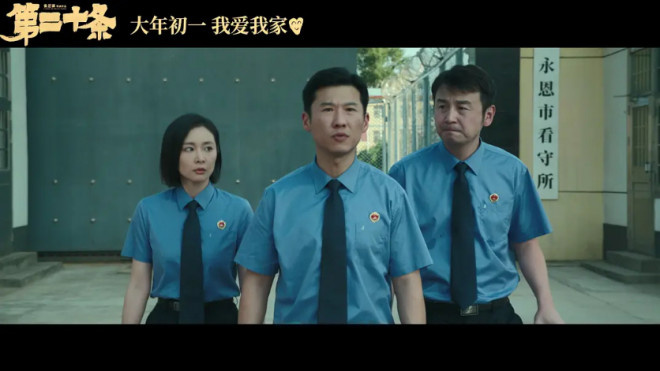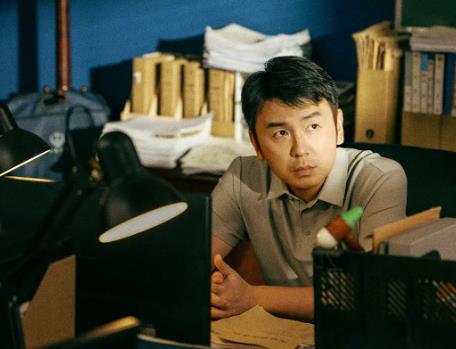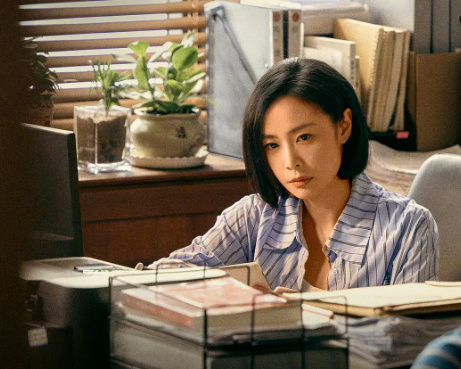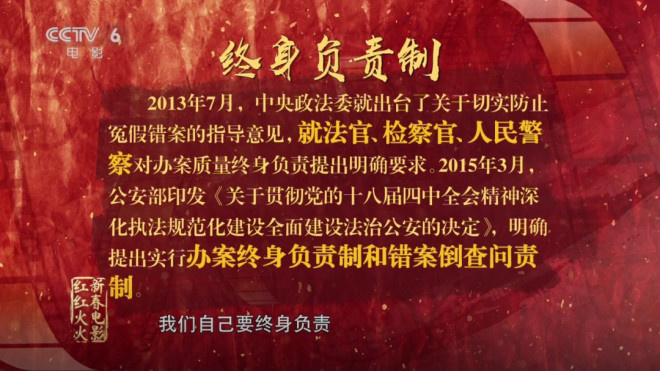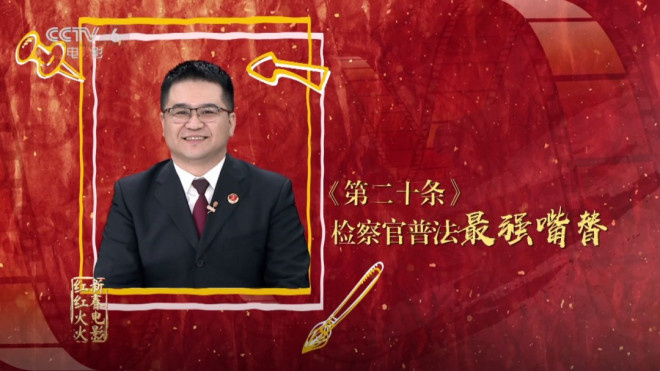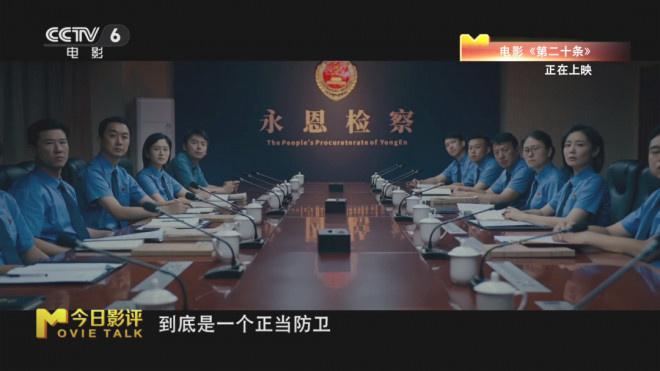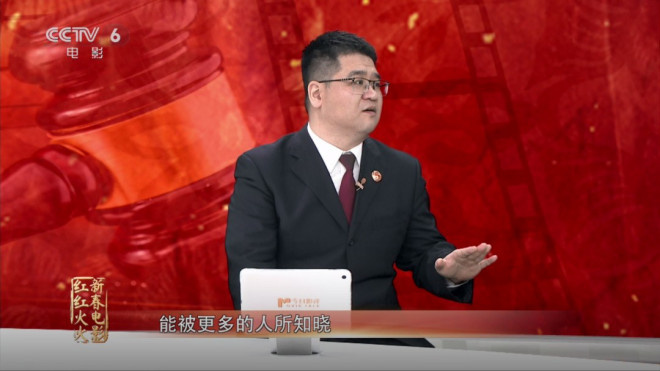
There is a special Ming and Qing furniture museum in Shanghai Museum, a considerable part of which is Shanxi furniture.

At the home of a grave robber in shilou county, the reporter saw the funerary objects in the tomb for sale.
On December 6th, Qiu Xiaojun, a cultural relic scientist, a member of the National Cultural Relics Appraisal Committee and a famous treasure master, came to Shanxi. After a tour, he said helplessly, "As the hometown of ancient furniture in China, Shanxi can’t find a complete piece of Ming and Qing furniture in its own provincial museum." Before in the United States, he had seen a lot of Shanxi Ming and Qing furniture in a small auction, and there were dozens of such auctions every year. What kind of chain is behind these outflow of Shanxi cultural relics? This year is the third cultural relics survey since the founding of the People’s Republic of China, and it is also the largest cultural relics survey. Recently, reporters went to many places to investigate the outflow of cultural relics in Shanxi.
Trading "Ghost Goods" in Antique Market
Taiyuan suffered a cold snap in early December, but the Nangong Antique Market, which is located next to Taiyuan Workers’ Cultural Palace, seems to have not been affected. At 7 o’clock in the morning on a weekend, there was already a lot of people here. "Is there a pot?" In a corner of the southwest corner of the market, a middle-aged man who stopped to watch for a long time asked in a low voice.
The vendor wrapped in sleeves looked up at the middle-aged man and made no noise.
Middle-aged people some worry, and whispered a sentence, "’ghost goods’? Pang Fat asked me to come to you and say that you have bronzes. " The vendor’s eyes narrowed, and he looked down at the middle-aged man for a while. He pulled the middle-aged man through the stall and reached the big leather box at his feet. He opened a crack in the trunk and took out an "artifact". When the packages of newspapers and tissues were unfolded, the middle-aged man was shocked. This was a pot-shaped bronze ware. Although the design of the pot body was mottled, he could still quickly judge that it was a bronze ware of the Shang and Zhou Dynasties.
After ten minutes of bargaining, the middle-aged man quickly took out a pile of money from his pocket, stuffed it in the hands of the vendor, wrapped the bronzes he bought in tissue paper and disappeared into the market in a hurry.
At first glance, most of the "Nangong Antique Market" are low-value antiques or rough imitations. But why does it attract collectors from all over the country? Kelvin wong (a pseudonym), a middle-aged man who bought the "ghost goods" mentioned above, told reporters that in fact, real collectors don’t look at the stalls, but those are "amateurs". They are interested in "antiques". There are two sources of "antique goods": one is the ancestral things bought by these vendors from the countryside, and the other is "ghost goods".
"’ghost goods’, in short, is the cultural relics obtained from grave robbery. These things are generally not shown to people without acquaintances, but they are all good things. " Kelvin wong, who bought the bronze pot, was very excited. He revealed to reporters that when he got it in Beijing, the price of this object could be at least 5-10 times.
Kelvin wong, a 43-year-old Beijinger, was originally a lecturer at a university in Beijing, but later resigned to engage in antique business. He has been in several antique markets in Beijing for more than 10 years. Shanxi, he has been here countless times. The reporter found from the license plates of cars parked at the entrance of Nangong Market that there are quite a few visitors from Beijing, Tianjin, Shandong and even Northeast China. According to industry insiders, many collectors come here and aim at the "ghost goods" mentioned above.
He made his fortune by buying and selling antiques
Pang Fat is a reference of kelvin wong. Introduced by kelvin wong, the reporter met this mysterious figure in a luxury residential area on Binhe East Road in Taiyuan. "Pang Fatty" is not surnamed Pang, because he is called "Pang Er" because of his overweight figure, which was misrepresented as "Pang Fatty" now. He was originally a farmer in Yidie Town, shilou county, and made a fortune after buying and selling antiques in the middle and late 1990s. "Haha, the reporter is here, welcome, I am not afraid of your exposure, I am now a legitimate business." The fat man burst into laughter. "I’m different from those who set up stalls!" " Pang fatty emphasized his "special".
What he said is not unreasonable. Now he has real estate in Beijing, Tianjin, Taiyuan and other places. He has been running in Hong Kong or abroad all the year round, and he has already left his stall career. "I am mainly receiving goods now, and the buyers are ready-made. As long as there is goods, I can make money immediately. I could have taken back the goods (referring to the bronze ware that kelvin wong bought in Nangong market) and given it back to him, but kelvin wong was a friend, so he didn’t want to make any money from him, so he had to take it himself. " "Those goods are in the tomb? Will it be a fake? " The reporter has some doubts.
"Fake, how can I be mistaken?" Pang Fat was annoyed, but soon he resumed his trademark laugh. "Ha, ha, ha, I’m not a cultural relic expert, but I know more about it than a cultural relic expert."
By "meticulous", Pang Fat refers not only to the characteristics of this ancient cultural relic, but also to the fact that he knows exactly where it was dug, which tomb it was dug in, and what else is in the tomb. "This thing was dug in our place (Shilou)," he said bluntly.
It makes sense for him to be so confident. Shilou county, now one of the three sites where cultural relics of Yin and Shang Dynasties were unearthed in China, has unearthed a large number of bronzes, and the treasure of the town hall of Shanxi Provincial Museum, the Dragon-shaped Wan, was unearthed here, and Pang Fatty’s home was also here. Today, it is one of the areas with the most serious loss of bronzes in our province.
A week later, Pangfatzi went back to Shilou to see "things", and he invited reporters to go with him. "You want to know for yourself, but don’t tell others that you are a reporter."
Peasant-style kang collects bronzes
After winter, shilou county is particularly deserted.
Pang fatty stayed with friends in a village. That night, a group of people came to the house.
Judging from their costumes, most of them are local farmers, with shabby clothes and gaunt faces. Everyone is holding a woven bag and putting things on the ground one by one in the dim light of the room.
All bronzes! The reporter carefully looked at it. There were swords, pots, cups, ding, chimes, all kinds of instruments, and some of them were still carrying the earth that had not been erased.
Pang fatty seriously picked it up. "This one has lost an ear, and it’s of little value … This one is not bad, is there anything else …" The room was filled with the smell of dust. After more than an hour of "appraisal", Pang Fatty picked six bronzes and negotiated the price. The chosen person seemed very happy, and he was close to the fat man, but the person who was not chosen left bitterly. After people were exhausted, Pang Fat said to reporters, "You see, this is what we have here. Many people make a fortune from this!" "Then where did these things come from?" The reporter asked. "Where did it come from? It was given by my ancestors!" Pang fatty laughed. "I’ll take you to see it tomorrow."
In the early morning of winter, the village is very quiet. Pang Fat woke up the reporter to go out and walked through a mountain road. Next to a mound on the hillside, the reporter saw a hole.
The hole about 1 square meter, looking in, is dark and can’t see anything. "Those things you saw last night came from these places. This is the tomb entrance. Look over there, there is another one."
The reporter walked around the hillside and found nearly ten such tombs. "shilou county has always had the story of digging a grave, since when, I couldn’t say for sure. However, since the 1990 s, there have been more people digging graves, first from Henan, and later from Linfen and Houma. " It was from then on that Pang Fatty came into contact with bronzes. He first met a native of Henan, and worked as a guide for that person, making money in 10 yuan one day. Later, he became a "royal guide" for these foreign grave robbers, helping them find graves, contacting vehicles, coordinating relations and so on. A year later, after many grave robberies, Pang Fatso also learned to start digging. He found several friends of the same age and used his own experience and learned grave robbery techniques to dig up many "treasures". "At that time, things were cheap, and a bronze ware with a good appearance was sold in dozens and hundreds. As soon as there were new goods, someone came to collect them, and they were everywhere. No one understands those pottery things, and they will be smashed when they are dug out, that is, they want copper guys. " In less than a year, Pang Fat became a local "ten thousand yuan household". "There are basically no good things now. Most of the tombs here have been stolen, and the rest are all broken." Pang fatty said that many grave robbers he knew had no work to do and began to steal things from the temple or sell stone carvings. "In fact, it is very simple to dig a tomb. Generally, there must be a Feng Shui gentleman. Before people were buried, they all talked about Feng Shui. With Mr. Feng Shui, it is easy to find the pyramid-shaped mound and location; With another guide, you need someone who is familiar with the village to dig in, and what you encounter is easy to solve.Next, several grave diggers divide their work. The tools are very simple-shovels, flashlights, small shovels (Luoyang shovels), and occasionally explosives are used. Generally, from the beginning to the excavation, it takes at most one week. "
Cultural relics are so quietly lost.
After the promulgation and implementation of the newly revised Law on the Protection of Cultural Relics in 2002, the government intensified its crackdown on illegal and criminal activities such as grave robbery and smuggling of cultural relics. It was at that time that Pang Fatty began to "transform".
He told reporters that his "transformation" was not because he was afraid of being caught, but because of an experience in Guangzhou.
In 2000, Pangfatzi went to Guangzhou with a batch of "goods" from the same cultural relic vendor, and he learned a new "market": there are many second-hand dealers of cultural relics in Guangzhou and Shenzhen. They took back bronzes from people like Pangfatzi and sold them to Hong Kong in reverse, earning dozens of times as much money as he dug graves.
"It’s less risky and more profitable". Pang Fatso began to learn how to "transform": "Smuggling cultural relics is illegal, but it is difficult to obtain evidence. If you want to be convicted, you must first know which tomb this cultural relic was dug up from, and it will be recorded after being stolen. After verification, it can be regarded as stealing and selling cultural relics. But there are so many cultural relics in the tombs, and no one has reported it. No one knows which tomb it is, and there is no way to convict without a master." At that time, Pang Fatty had his own set of "logic".
He gradually adapted to the change from grave robbers to cultural relics dealers. At that time, his main destination was Hong Kong. Hongkong is the largest distribution center of China antiques in Asia and the third largest cultural relics trading place in the world. Here, in addition to the China cultural relics auction held regularly by international old auction companies Sotheby’s and Christie’s every year, antique dealers from all over the world including China are gathered. They run hundreds of auction companies, antique shops and cultural relics companies, all of which are China cultural relics. Among these cultural relics in China, the largest proportion is unearthed cultural relics. More importantly, in Hong Kong, the sale of cultural relics is open and legal.
Pang Pangzi told reporters about the way to take the cultural relics from the tomb out of the country: at that time, there were many trucks traveling to and from the mainland and Hong Kong, so you could get a mezzanine on the truck and bring out a large number at a time; Or find that kind of handicraft dealer to mix cultural relics with other bronze handicrafts and take them out; The simplest one is the "people’s movement", which is aimed at ordinary residents, vegetable farmers and vendors who travel to and from the mainland and Hong Kong every day. They put small items directly in their bags and go through customs directly. Generally, no one will check them.
And he described a "more unique" trick: he would go to Hong Kong to buy what he sold. The reason is that it is legal to buy and sell cultural relics in Hong Kong. Once these smuggled cultural relics are bought in Hong Kong, the invoices are issued and stamped with "Customs Seal" when they are declared to the customs, they can be transformed into legal private property, and stolen cultural relics can be legally auctioned at domestic auctions with high profits.
Qiu Xiaojun, a China cultural relic connoisseur who opened an antique shop in Hong Kong, told reporters: This is not the final ownership of these bronzes. A large number of European and American buyers will come to Hong Kong to "choose goods", and then the price will be multiplied several times. Hong Kong has become a distribution center and transit point for cultural relics smuggling. Cultural relics from the mainland arrived in Hong Kong, and then dispersed to the United States, Japan, Southeast Asia and Taiwan, China. At present, there are a large number of bronzes from the mainland in hollywood road in Central Hong Kong and Moro Street in Sheung Wan. There are many categories and types, and quite a few of them come from Shanxi.
There is Shanxi Pavilion in foreign museums.
The experience like bronzes is not an isolated case in Shanxi cultural relics circle. The experience of Shanxi Ming and Qing furniture is very similar to that of bronzes.
Niu Runsheng, deputy secretary-general of Shanxi Collectors Association, told a story about the loss of Ming and Qing furniture in Shanxi in an interview: in the late 1980s, Ming and Qing furniture was sought after in Europe and America. At that time, Shanxi local people from the relevant departments, Ming and Qing furniture has not been listed as protected cultural relics, only that it is practical, at best, handicrafts. At this time, some collectors from Beijing, Tianjin and Hebei flocked. On weekends, the villages in Jinzhong, Shanxi Province are full of foreigners who collect Ming and Qing furniture. "Shanxi has the most Ming and Qing furniture in the country and the best appearance, especially in the Ming Dynasty. I also knew that furniture was a treasure at that time, but at that time, our folk collection power was too small. There was a bed. At that time, 90,000 yuan could be won, but most people couldn’t take it out with this 90,000 yuan. In May of this year, I saw an auction in Britain, which was the bed, and the final price was nearly 3.8 million yuan. " Niu Runsheng said that at that time, no one paid attention to it and no one studied it. Many good furniture was directly shipped overseas as wood on the Tianjin coast.
Qiu Xiaojun has been to many museums in the United States. "Many things are more complete than the Shanxi Provincial Museum or the National Museum of China. For example, there is a Shanxi Museum in the Metropolitan Museum of the United States, which has many cultural relics and even a complete Ming and Qing furniture. At first glance, the styles are from Shanxi … Buddha statues, murals, and many cultural and historical certificates of Shanxi also appear in foreign museums."
In recent years, with the warming of the domestic collection market, some of Shanxi’s cultural relics have shifted from abroad to China. "Ming and Qing furniture is the most obvious. Five years ago, as long as there is first-hand information, it must be to inform buyers in Beijing, Tianjin and Hebei first, because Ma Weidou, a teacher who talked about furniture in Lecture Room, has been to Shanxi many times in that year, and I have also received it. We couldn’t keep it ourselves, so people bought it. " Niu Runsheng said helplessly. In sanxiang town, Zhuhai, it used to be the distribution center of ancient furniture in China. They repackaged the ancient furniture they bought from all over the country and then resold it. Among them, Shanxi furniture accounted for a large proportion.
"In recent years, the ancient furniture has not been collected and sold out." In Pingyao, the hometown of Shanxi merchants, a staff member of a cultural relics protection unit told reporters that many of the famous houses in Jinzhong are imitations of southern Ming and Qing furniture.
Cultural relics protection needs the concerted efforts of all parties.
In shilou county, Luliang City, where more bronzes have been unearthed, cultural relics protection funds are poor. The person in charge of the county cultural relics department told reporters that the specific gap in protection funds will not be determined until the third cultural relics survey is completed at the end of 2011. Now, their budget is only 20 thousand yuan a year. "Compared with the crazy robbery stimulated by huge profits, this money is not worth mentioning, but we are a poor county and really have no money!" The person in charge is very upset. The reporter learned that the local public security department wants to develop "informers" and have prizes to report in order to crack down on grave robbery, but the result of a few bonuses is that few people report cases.
Niu Runsheng said that although Shanxi has a large number of collectors and numerous categories, most of them are not refined and belong to miscellaneous categories. The value of cultural relics is not high, the grade of collections is not high, and there are many antique operators, but they lack industry leaders and their cognitive level is limited. He hopes that the rich people in Shanxi, who have recently risen in the collectible market, can pay more attention to the cultural relics with the regional culture of the province and contribute to the protection of cultural relics in Shanxi.
Qiu Xiaojun has visited the cultural relics protection in many countries around the world. He thinks that Shanxi might as well learn from some foreign cultural relics protection experiences. Since the country has no ability to ensure that cultural relics are not lost, it will leave some space for private museums and corporate culture museums. In Japan, some large enterprises can collect and exhibit artworks as long-term investments and promote corporate culture. (Liu Bin)
Editor: Li Xingcun
